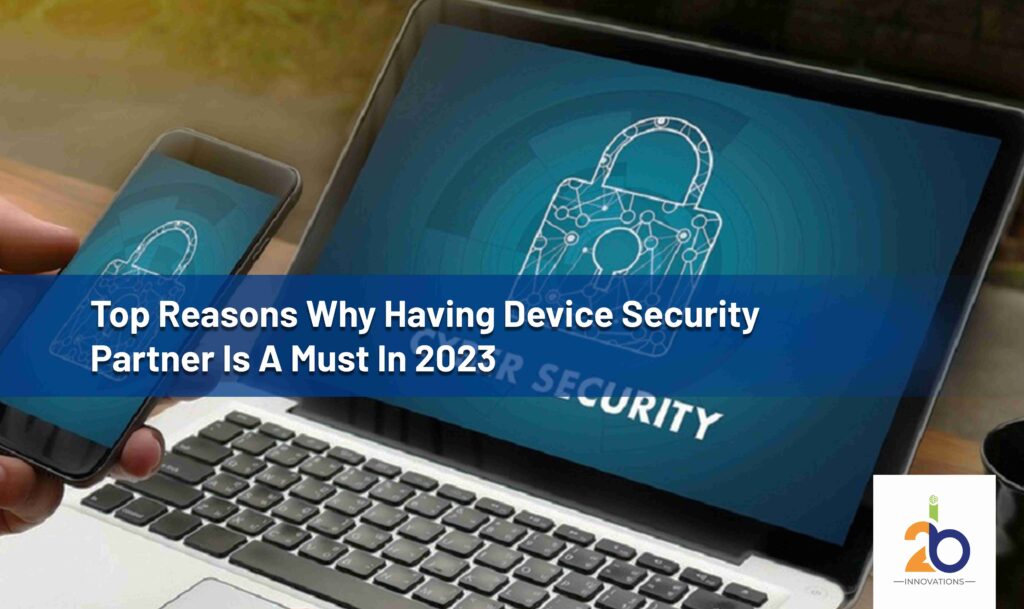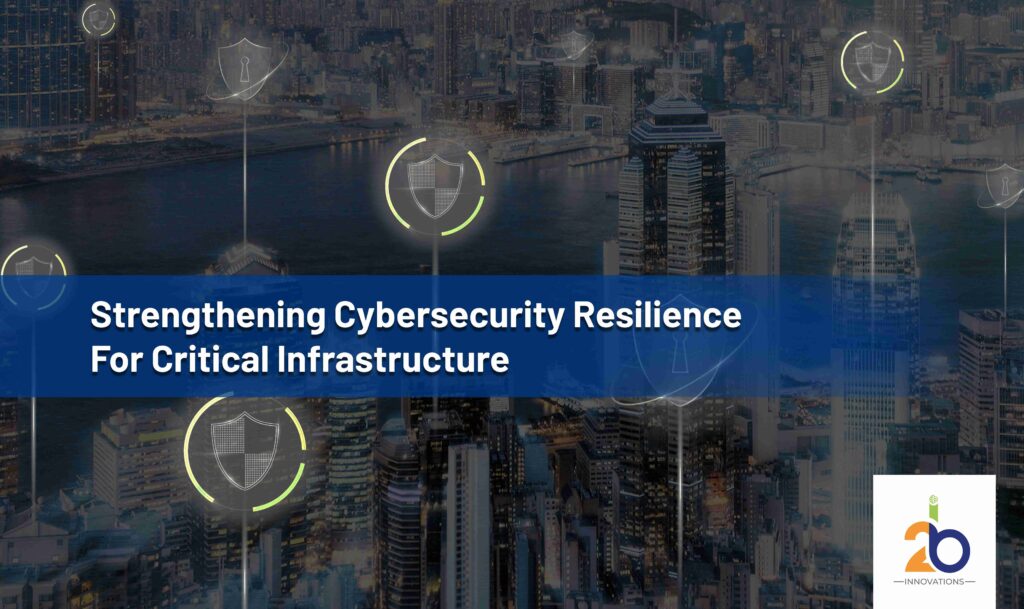
In our increasingly digital world, the importance of device security cannot be overstated. As technology evolves, so do the threats that target our devices and personal information.
In 2023, having a device security partner is not just a luxury; it’s a necessity.
In this blog post, we will delve into the top reasons why having a device security partner is crucial for individuals and businesses alike. So without any further ado let’s get right into the post.
Evolving Threat Landscape:
The digital threat landscape is constantly evolving. In 2023, cybercriminals are more sophisticated than ever, employing advanced tactics to exploit vulnerabilities in devices.
The rise of IoT (Internet of Things) devices has expanded the attack surface, making it imperative to have a security partner that stays one step ahead of emerging threats.
Relevant Statistics:
According to a report by Cybersecurity Ventures, global cybercrime costs are projected to reach $10.5 trillion annually by 2025, up from $6 trillion in 2021.
This exponential growth in cybercrime underscores the urgency of device security.
Example:
A device security partner used threat intelligence to identify a new strain of malware targeting healthcare organizations, enabling early protection and minimizing potential damage.
Constant Software Updates and Patch Management:
Software vulnerabilities are a common target for cyberattacks. Keeping all your devices up to date with the latest security patches can be overwhelming. A device security partner takes care of this tedious task, ensuring that your devices are protected with the latest security measures.
Example:
The WannaCry ransomware attack in 2017 exploited a Windows vulnerability that had a patch available two months before the attack. Organizations that failed to update their systems fell victim to the attack.
Comprehensive Threat Detection and Prevention:
A device security partner employs advanced threat detection mechanisms, including AI and machine learning, to identify and mitigate threats in real-time. They provide proactive security measures to prevent breaches before they occur.
Example:
In 2022, a device security partner detected and blocked a sophisticated phishing attack that targeted a financial institution, preventing potential loss of millions of dollars and sensitive customer data.
Data Privacy Compliance:
With the introduction of stringent data privacy regulations like GDPR and CCPA, it’s crucial to ensure that your devices are compliant. A device security partner assists in maintaining compliance, protecting your organization from hefty fines and reputation damage.
Relevant Statistics:
Non-compliance with GDPR can result in fines of up to €20 million or 4% of the company’s global annual revenue, whichever is higher.
24/7 Monitoring and Response:
yberattacks can happen at any time, day or night. A device security partner offers round-the-clock monitoring and rapid response capabilities. They can minimize the damage and downtime caused by an attack, ensuring business continuity.
Example:
In a recent incident, a device security partner detected a suspicious activity pattern in a corporate network at 3 a.m. and immediately took action, preventing a potential data breach.
Cost-Effective Security:
Building an in-house security team with the necessary expertise can be costly. Device security partners offer cost-effective solutions, allowing you to access a team of experts without the burden of hiring and training.
Example:
A small business saved 40% on security costs by partnering with a device security provider instead of maintaining an in-house team.
Secure Cloud Integration:
In an era of cloud computing, securing your cloud-based data and applications is crucial. Device security partners provide seamless integration with popular cloud platforms, ensuring that your data stored in the cloud is just as secure as your on-premises data.
Relevant Statistics:
According to Gartner, by 2023, cloud security will be the top priority for 75% of IT leaders.
Partnering with a security expert is key to achieving this priority.
Protection Against Zero-Day Vulnerabilities:
Zero-day vulnerabilities are security flaws that are exploited by cybercriminals before the software vendor becomes aware of them. Device security partners employ threat intelligence and zero-day protection mechanisms to defend against these unforeseen threats.
Example:
In 2023, a device security partner detected and neutralized a zero-day vulnerability in a widely used web browser, preventing widespread exploitation and data breaches.
Secure Remote Work Environments:
The COVID-19 pandemic accelerated the shift to remote work, making the security of remote devices paramount. A device security partner ensures that devices used by remote employees are secure, minimizing the risk of data leaks and unauthorized access.
Relevant Statistics:
In 2022, remote work led to a 37% increase in cyberattacks, according to a report by McAfee. Having a security partner can help mitigate these risks.
Insider Threat Mitigation:
Insider threats, whether intentional or accidental, can pose a significant risk to organizations. Device security partners implement user behavior analytics and monitoring to detect and mitigate insider threats promptly.
Example:
A disgruntled employee with access to sensitive customer data was detected and stopped from stealing information by a device security partner, protecting the company’s reputation and customer trust.
Compliance with Industry Standards:
Different industries have specific security regulations and standards to adhere to (e.g., HIPAA for healthcare or PCI DSS for payment processing). A device security partner ensures that your devices are compliant with industry-specific security requirements.
Relevant Statistics:
Non-compliance with industry regulations can result in fines and legal consequences, making compliance a top priority.
Security Awareness Training:
Human error remains a leading cause of security breaches. A device security partner often includes security awareness training programs to educate employees about the latest threats and best practices in cybersecurity.
Example:
An employee recognized a phishing attempt and reported it after undergoing security awareness training, preventing a potential data breach.
Scalability:
As your organization grows, so do your security needs. A device security partner offers scalable solutions that can adapt to your evolving requirements, ensuring that your security infrastructure remains effective.
Example:
A startup expanded rapidly over the course of a year, and their device security partner seamlessly scaled their security measures to accommodate the increased workload.
Vendor Risk Management:
Many organizations rely on third-party vendors and suppliers for various services. Device security partners assist in assessing and managing the security risks associated with these vendors, ensuring that your extended network remains secure.
Relevant Statistics:
A Ponemon Institute study found that 59% of organizations had experienced a data breach caused by a third-party vendor in 2022.
User-Friendly Security Solutions:
Complex security measures can often lead to frustration among employees and end-users. Device security partners offer user-friendly solutions that do not compromise on security, creating a more positive and secure user experience.
Example:
An organization implemented a user-friendly multi-factor authentication solution recommended by their security partner, resulting in higher user adoption and increased security.
Final Words:
In 2023, a device security partner is essential due to evolving threats, costly cybercrime, and complex software updates. They offer 24/7 monitoring, protect against zero-days, ensure remote work security, and handle compliance. Plus, they provide user-friendly solutions, scalability, and vendor risk management. Make device security your priority for a safer digital future.



